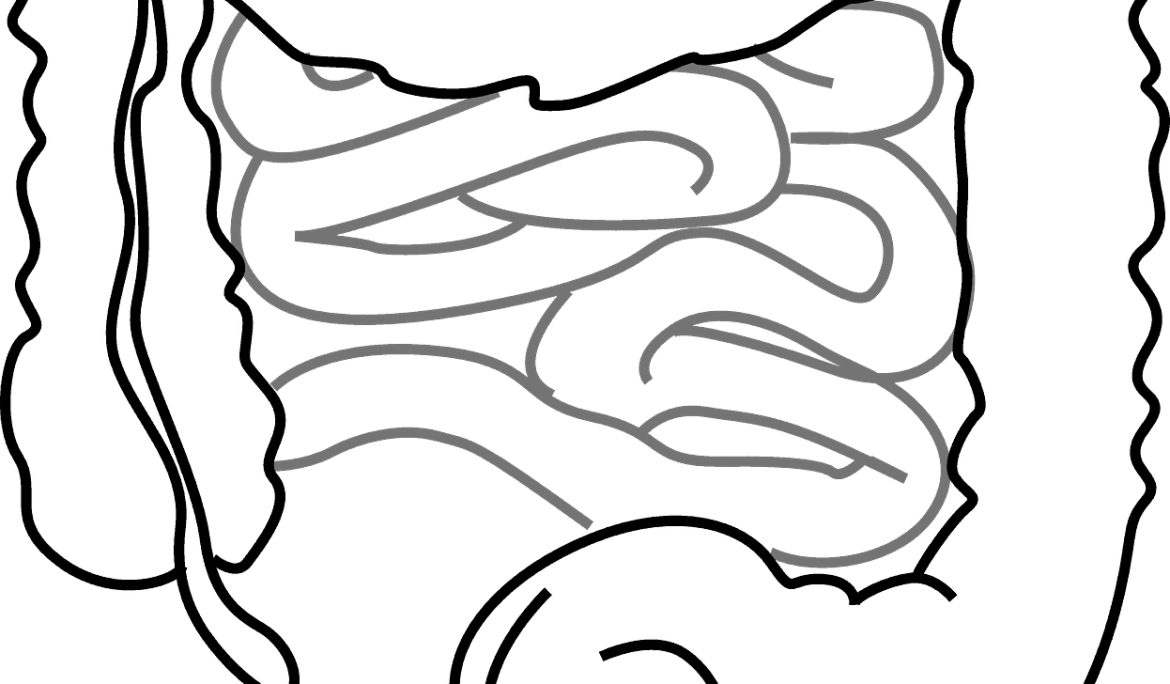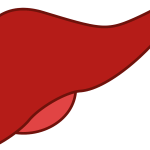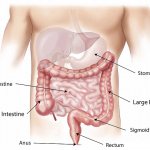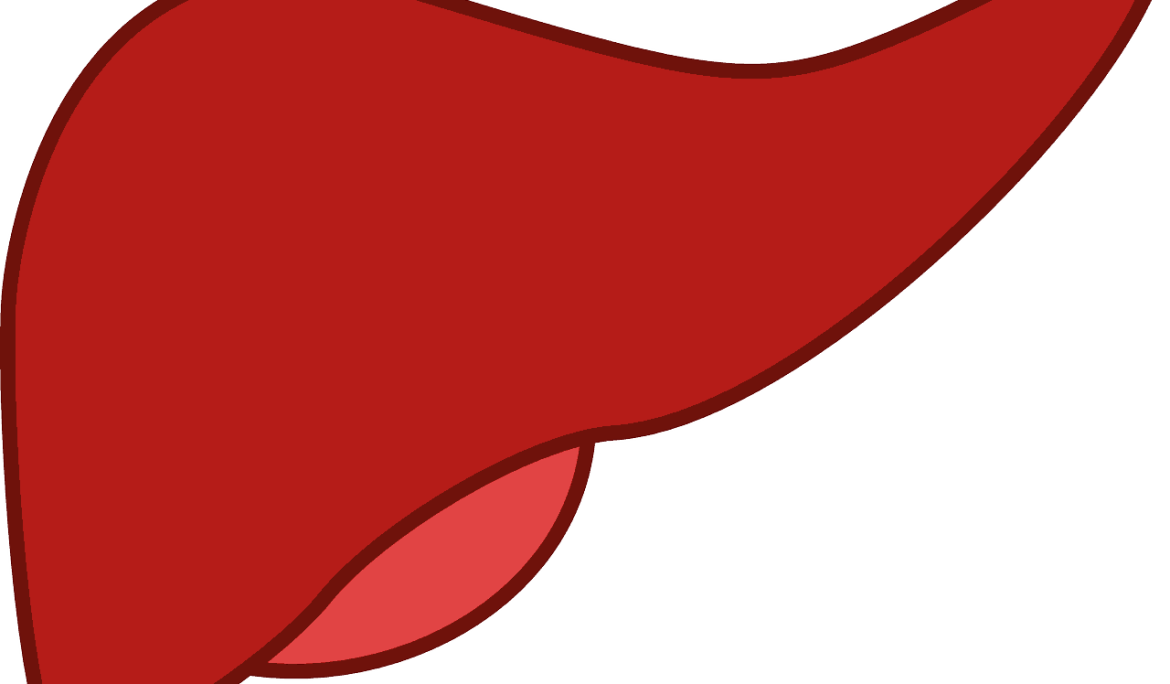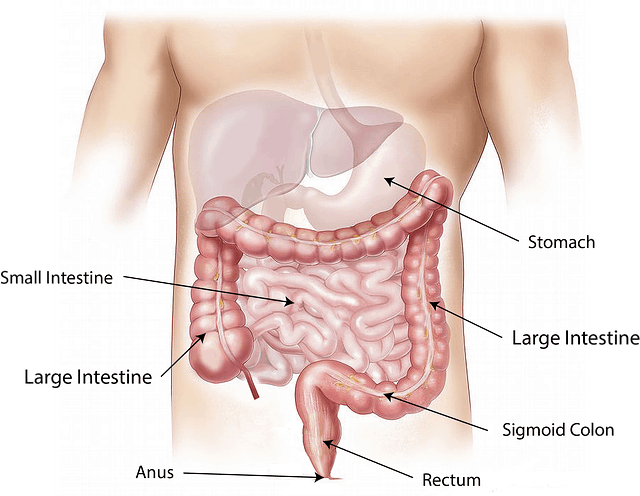Irritable bowel syndrome (IBS) is a common disorder that affects the large intense.
The exact causes of IBS are not known, factors that appears to play a role include stronger and longer contraction of intense, abnormalities of the nerves innervating your digestive tract. Inflammation the intense, serve infection be it viral or bacterial. Change in the microflora of the intestines. Food, stress and hormones have been implicated in triggering IBS. Women are twice as likely to have IBS, which might indicate that hormonal changes play a role.
The risk factors include being younger than 50 years old, female, family history of IBS and individual with anxiety, depression are more likely to develop IBS. A history of sexual, physical or emotional abuse also might be a risk factor.
IBS is established by diagnosis of exclusion i.e. your doctor will take a comprehensive history and do a proper physical examination to rule out other conditions.
Treatment of IBS focuses on relieving symptoms so that you can live as normally as possible. Dietary change such as avoiding triggering foods, eat high-fiber foods, drink plenty of fluids, exercise regularly and getting enough sleep. Eliminate alcohol, fizzy drinks and caffeine from your diet. Stop eating gluten (wheat). There is certain medication that your doctor can prescribe to help treat IBS.
Complication in case of poorly managed condition can result in Chronis constipation or diarrhoea which can cause hemorrhoids. Poor quality of life and mood disorder. Dr. Makemba Shayela Nelson – MBChB – University of Kwazulu-Natal, Durban, South Africa. Nesha Medical Practice.




